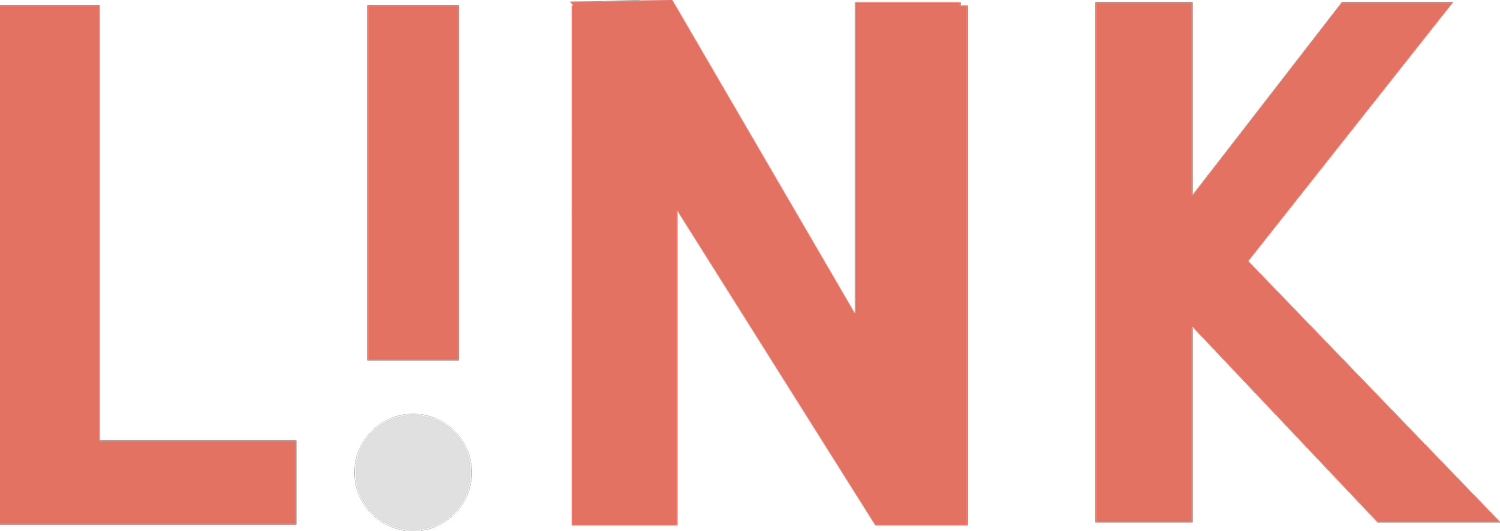Why Self-Awareness Is the Starting Point for Growth
Written by: Robin Dickinson, MD, Neurohub Learning Director of Medical Content
Know Your Brain
When people hear the phrase learning support, they often picture kids in a classroom. But learning doesn’t stop at 18, and neither should support. For neurodivergent adults, understanding how your brain works can be the difference between surviving and thriving in your work, relationships, and daily life.
What Does It Mean to “Know Your Brain”?
Knowing your brain means becoming aware of your unique cognitive wiring: how you think, process, communicate, and interact with the world. This is especially important for neurodivergent adults: people with autism, ADHD, dyslexia, dyspraxia, and other brain-based differences. These aren’t flaws to fix. They’re variations that come with both strengths and real challenges.
Self-awareness is the first step in building a life that works for your brain, and not against it.
What Does Learning Support Look Like for Neurodivergent Adults?
It’s not about “fixing” anyone. It’s about understanding how your brain works and creating conditions that help you thrive. That might include:
🧠 Customized communication (written vs. verbal, visual supports)
⏳ Executive functioning support (for prioritizing, planning, and follow-through)
🎧 Sensory-friendly environments (lighting, noise, texture, physical space)
🧰 Tech tools (like speech-to-text or project trackers)
📅 Flexible or structured learning—whichever helps your brain stay regulated
💬 Validation and encouragement, not shame or pressure
The more you understand your own processing style, sensory needs, and energy rhythms, the easier it becomes to ask for (or build) what you need.
A Personal Story
I’ve seen the power of self-awareness and support in my own family. My husband was diagnosed as neurodivergent after our kids were. He had no trouble advocating for them to get the support they needed, but believing he deserved support? That took longer.
Years of being told to “just work harder” had taken a toll. But once he started receiving learning support tailored to his brain, things shifted. Tasks that used to feel impossible became manageable. His confidence grew. Our family income increased. His connection with our kids deepened. And our marriage became stronger.
Support didn’t change who he was; it helped him be more fully himself.
Why It Matters Now
Many neurodivergent adults missed early diagnoses or never got meaningful support. Now, as awareness grows, more people are discovering their neurodivergence later in life—and they deserve more than just sympathy. They deserve the right tools.
Knowing your brain is the first step. Learning support is the bridge to what comes next.
At Neurohub Learning, We Believe:
Learning is lifelong
Support should affirm, not shame
There’s no one-size-fits-all
Adults deserve grace and growth too
You’re not behind—you’re just getting started
Whether you’ve just begun exploring your neurodivergence or you’ve known for years, self-awareness is your starting point. From there, real growth becomes possible.
